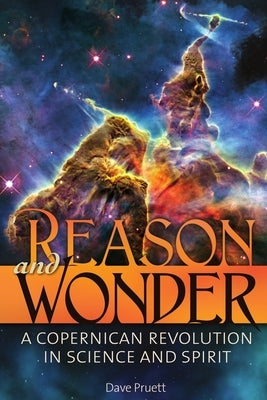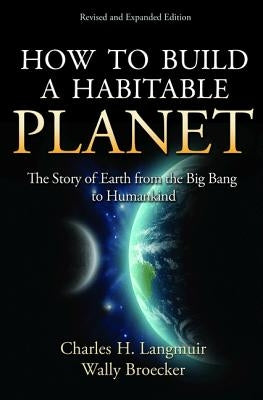Description
Astrobiology is an exciting interdisciplinary field that seeks to answer one of the most important and profound questions: are we alone? In this volume, leading international experts explore the frontiers of astrobiology, investigating the latest research questions that will fascinate a wide interdisciplinary audience at all levels. What is the earliest evidence for life on Earth? Where are the most likely sites for life in the Solar System? Could life have evolved elsewhere in the Galaxy? What are the best strategies for detecting intelligent extraterrestrial life? How many habitable or Earth-like exoplanets are there? Progress in astrobiology over the past decade has been rapid and, with evidence accumulating that Mars once hosted standing bodies of liquid water, the discovery of over 500 exoplanets and new insights into how life began on Earth, the scientific search for our origins and place in the cosmos continues.
About the Author
Impey, Chris: - Chris Impey is a University Distinguished Professor and Deputy Head of the Department of Astronomy at the University of Arizona, Tucson. His research interests are observational cosmology, gravitational lensing and the evolution and structure of galaxies. He is a past Vice President of the American Astronomical Society, a Fellow of the AAAS and has been NSF Distinguished Teaching Scholar, Phi Beta Kappa Visiting Scholar and the Carnegie Council on Teaching's Arizona Professor of the Year.Lunine, Jonathan: - Jonathan Lunine is the David C. Duncan Professor in the Physical Sciences in the Department of Astronomy at Cornell University. His research interests center broadly on planetary origin and evolution, in our solar system and around other stars. He is an interdisciplinary scientist on the Cassini mission to Saturn and on the James Webb Telescope, as well as on the Juno mission to Jupiter. He is the author of over 250 papers and is a member of the U.S. National Academy of Sciences, as well as a Fellow of the American Association for the Advancement of Science.Funes, José: - José Funes is a Jesuit priest, director of the Vatican Observatory and member of the Pontifical Academy of Sciences. His field of research includes kinematics and dynamics of disk galaxies and star formation in the local universe. He proposed the Study Week on Astrobiology that was organised by the Pontifical Academy of Science and held in Casina Pio IV of the Vatican City State in November 2009 which led to this volume.




















































